In the treasure trove of Vietnamese folk art, Phu Tho Xoan singing is a unique form, closely associated with the worship of Hung Kings - the origin of the nation's founding.
With its rustic melody and simple lyrics but rich in cultural depth, Xoan singing not only reflects the spiritual life of the people of the ancestral land but also contributes to affirming Vietnamese identity on the world heritage map.
Unique values from the roots of national culture
According to researchers, Xoan singing was born thousands of years ago, associated with the Spring festival, the belief in praying for good crops and commemorating the nation-building merits of the Hung Kings.
Legend has it that at the beginning of the New Year, villagers often organize Xoan singing at the village communal house to praise the merits of their ancestors, pray for favorable weather, bountiful crops, family happiness, and community harmony.
Therefore, Xoan singing is also called "singing at the communal house gate," reflecting the close connection between beliefs and community life.
In terms of art, Xoan singing consists of three basic parts: singing to worship the Hung King and the gods, ritual singing and festival singing. The rich melodies such as “qua cach”, “don dao”, “tho huong”, “trong quan”… all have a pure, cheerful folk sound that easily touches people’s hearts.
The special thing is that Hat Xoan combines singing, dancing, and music, creating a comprehensive art form that is both sacred and intimate.
According to Phu Tho province folklore researcher Pham Ba Khiem, Xoan singing is not only a form of performance but also a valuable repository of documents reflecting the production labor, emotions, customs and practices of agricultural residents in the Northern midlands.
Through each melody, listeners feel the love for their homeland, community attachment and the desire for a prosperous life...
The unique value and enduring vitality of Xoan singing have been recognized by the world. In 2011, UNESCO recognized Phu Tho Xoan singing as an Intangible Cultural Heritage in need of urgent protection.
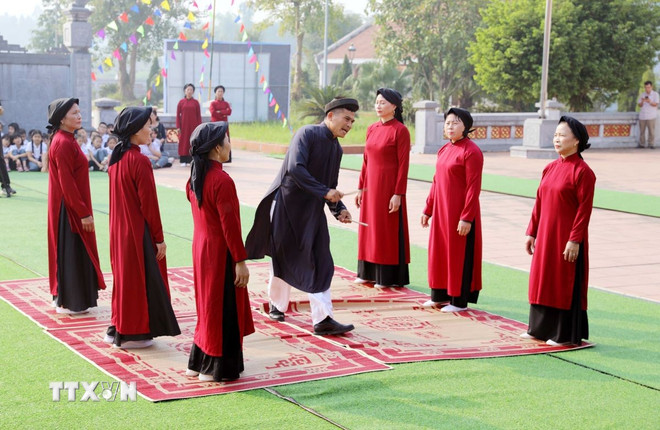
After only 6 years, with the participation of the entire political system, the cooperation of the community and the dedication of the artisans, Xoan singing was removed from the list of urgent protection, becoming a representative intangible cultural heritage of humanity in 2017.
This is the pride not only of Phu Tho people but also of the entire Vietnamese people.
Expanding space for preserving precious heritage
In recent years, Phu Tho province has implemented many synchronous solutions to preserve and promote Xoan singing. The locality has restored the activities of four original Xoan guilds, including Phu Duc, Thet, Kim Doi, and An Thai; renovated village communal houses - traditional performance spaces; and organized festivals associated with Xoan singing.
Local authorities encourage elderly artisans to teach the younger generation, forming the next generation.
People's Artist Nguyen Thi Lich (Van Phu Ward) emotionally shared: "I have been attached to Xoan singing all my life, considering it as my flesh and blood. Now seeing the young generation passionately learning Xoan singing, I am very happy. That shows that the legacy of our ancestors is still alive in the hearts of today's generation and will continue to resonate in the future."
An important highlight is the introduction of Xoan singing into schools. From primary to secondary school, students learn basic melodies and learn about the history, customs, and cultural significance of the heritage. Many children have become the next “seeds”, continuing the passion of the artisans.
Xoan singing performances, festivals and exchanges are held regularly, both to honor traditional art and to encourage community participation.
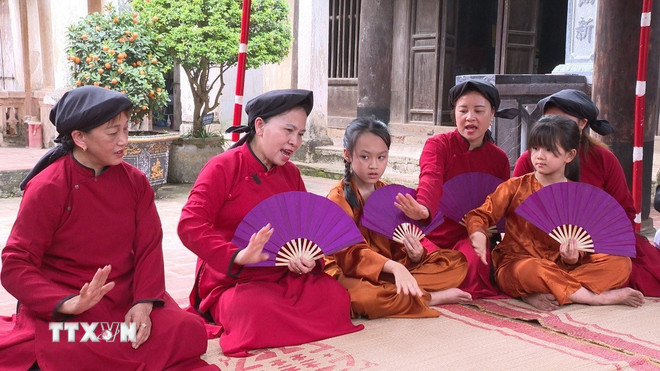
In particular, linking Xoan singing with tourism opens up a new direction. Tours to Hung Temple, Hung Lo ancient village, and historical sites now include the experience of listening, watching, and interacting with Xoan singing, leaving a deep impression on visitors.
Nowadays, Xoan singing is not only preserved in its original form but also created and renewed to suit contemporary life.
Many young artists experiment with modern arrangements on traditional melodies, creating musical products that both preserve the spirit of heritage and are close to young people. Some art programs combine Xoan singing with dance, drama, and light projections, bringing new appeal.
In the context of international integration, Xoan singing has gone beyond communal houses and ancient houses to appear on many large stages in the country, becoming a highlight in cultural exchange.
In Phu Tho, Xoan singing artists and clubs regularly perform for international guests. These rustic and unique melodies surprise and captivate foreign friends, thereby promoting the image of the country and people of Vietnam as friendly and rich in cultural traditions.
Spreading values on National Day September 2
Towards the 80th anniversary of National Day September 2, the honoring and spreading of Xoan singing is even more meaningful. This is an opportunity for every Vietnamese person to look back at their roots, pay tribute to the Hung Kings and affirm the national cultural identity. In the context of globalization, Xoan singing is a clear demonstration of the endogenous strength of culture - a great spiritual resource to build a rich, beautiful and civilized country.
Mr. Duong Hoang Huong, Director of the Department of Culture, Sports and Tourism of Phu Tho province, emphasized that Xoan singing is the pride of the people of the homeland, demonstrating the cultural mettle of Vietnam.
In the coming time, the province will continue to promote conservation work, bringing Xoan singing closer to the public, and linking tourism development so that this heritage not only lives in the community but also spreads to the world.
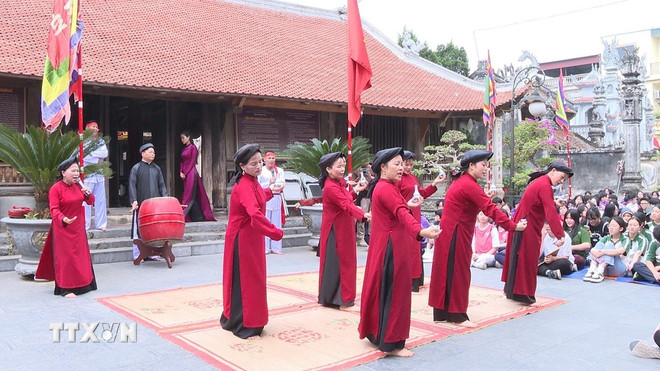
In fact, since Xoan singing was recognized by UNESCO as a representative heritage of humanity, Phu Tho province has issued many specific projects and plans to preserve and promote the value of the heritage.
Teaching is emphasized, especially in the four original Xoan wards, where elderly artisans directly instruct the younger generation, forming the next generation of artisans.
The cultural sector cooperates with the education sector to bring Xoan singing into schools, train music teachers, and establish many clubs from the province to the commune. Thanks to that, Xoan singing goes beyond the space of ancient villages, appearing on stages, schools, festivals, and reaching closer to the public.
The role of the community is strongly promoted. The original Xoan guilds regularly take inventory of members, collect songs, and restore relics associated with Xoan singing. The government is interested in allocating funds, mobilizing social resources to maintain club activities, organize festivals, and exchange heritage.
In the coming time, Phu Tho will continue to combine the preservation of Xoan singing with the development of cultural tourism - festivals, building the product "Xoan singing of ancient villages" so that visitors can experience it right in the original space, connecting the key tourist attractions of the province.
Thereby, Xoan singing will become a typical tourism product, contributing to socio-economic development and promoting the image of the homeland to international friends.
In the flow of national culture, Xoan singing in Phu Tho is a testament to the strong vitality of traditional values. Despite many changes, Xoan singing still resonates in the village communal house, touching people's hearts with its simple yet profound melody.
Preserving and promoting Xoan singing today is not only preserving an art form but also affirming cultural identity, fostering solidarity, national pride and the aspiration to rise of the Vietnamese people.
As long as the Xoan singing still echoes, the cultural source of the homeland will flow forever, contributing to enriching the spiritual life of the people and affirming the position of Vietnamese culture in the world./.
Source: https://www.vietnamplus.vn/hat-xoan-di-san-dat-to-lan-toa-gia-tri-van-hoa-dan-gian-dip-quoc-khanh-post1058449.vnp



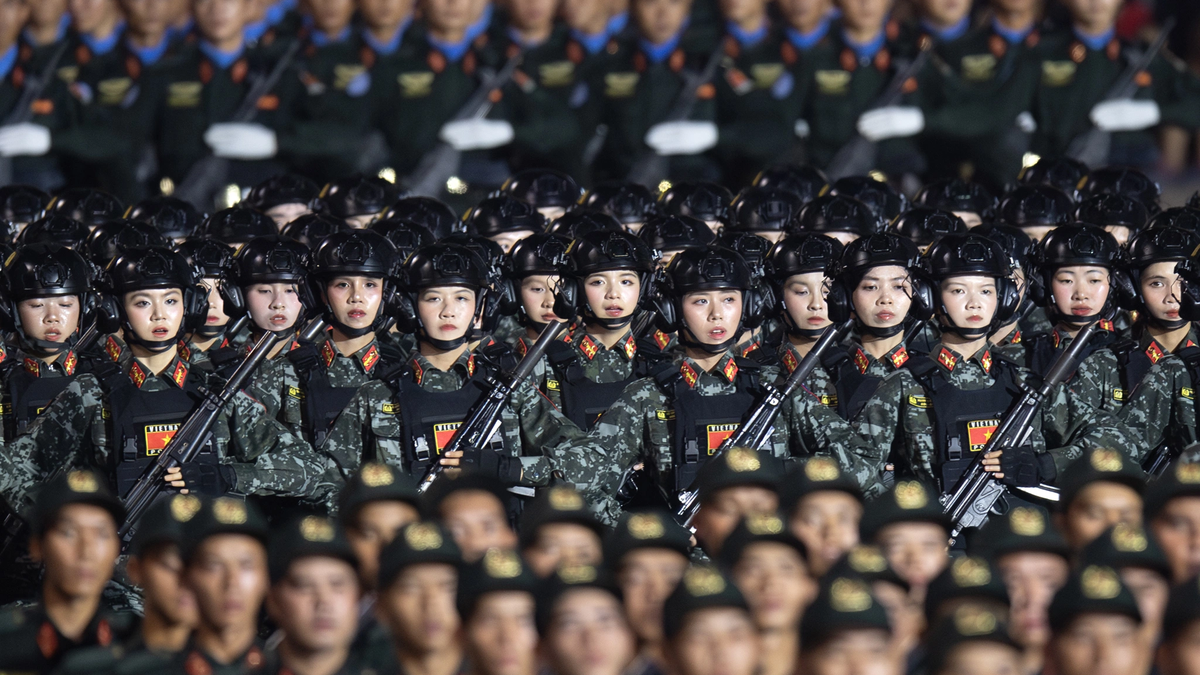
![[Photo] National Assembly Chairman Tran Thanh Man holds talks with New Zealand Parliament Chairman](https://vphoto.vietnam.vn/thumb/1200x675/vietnam/resource/IMAGE/2025/8/28/c90fcbe09a1d4a028b7623ae366b741d)


![[Photo] General Secretary To Lam attends the opening ceremony of the National Achievements Exhibition](https://vphoto.vietnam.vn/thumb/1200x675/vietnam/resource/IMAGE/2025/8/28/d371751d37634474bb3d91c6f701be7f)









![[Photo] Imprints of the National Day parade in history](https://vphoto.vietnam.vn/thumb/402x226/vietnam/resource/IMAGE/2025/8/26/06b4ba9c0cba42dcb9bf559ed79a0a4d)
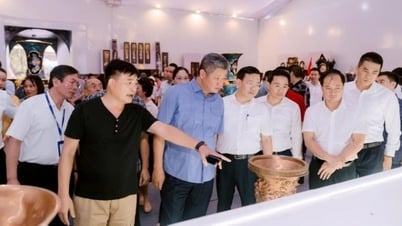
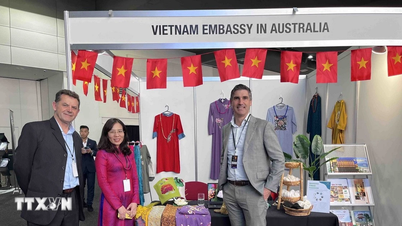

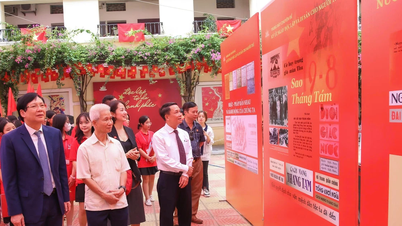




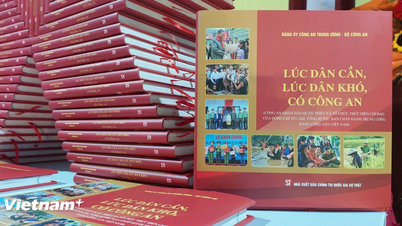





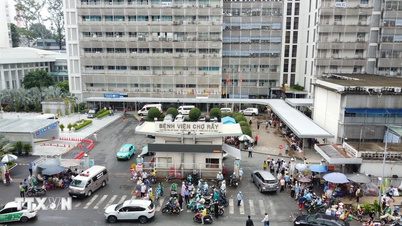
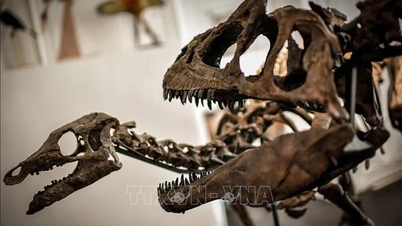



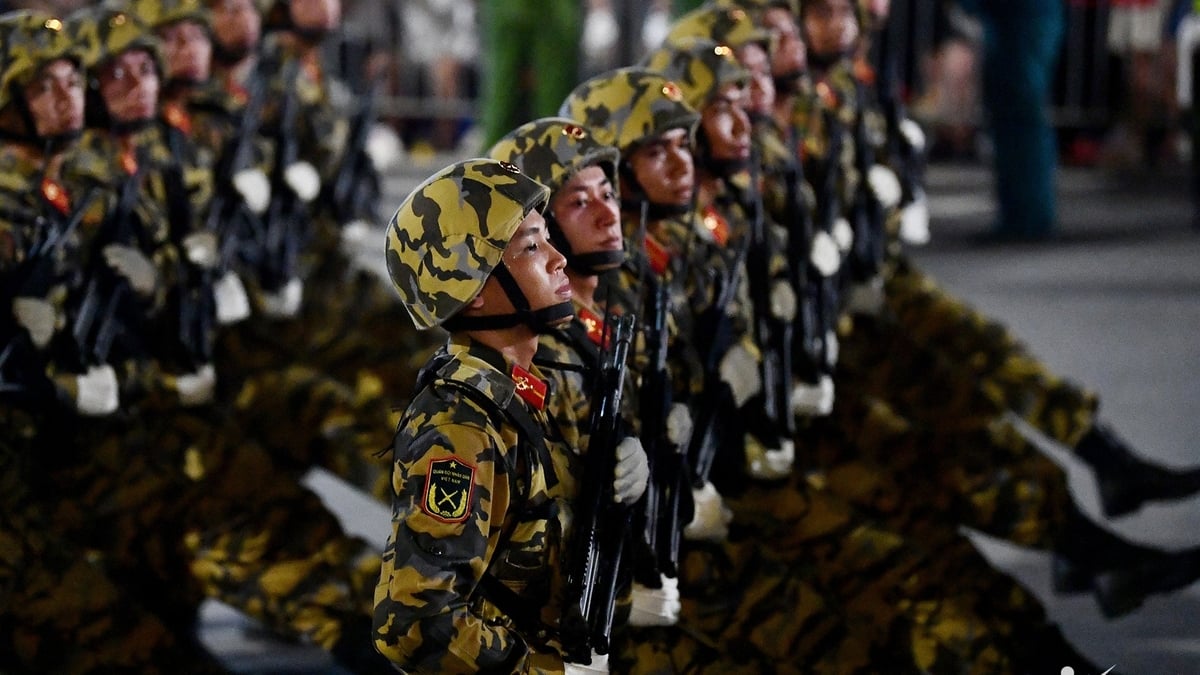





















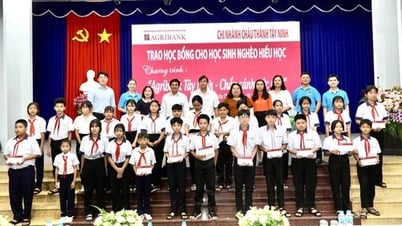


















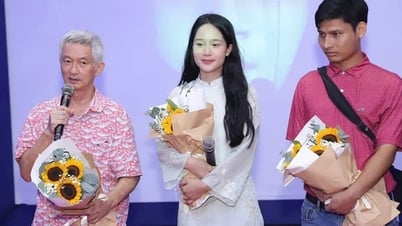


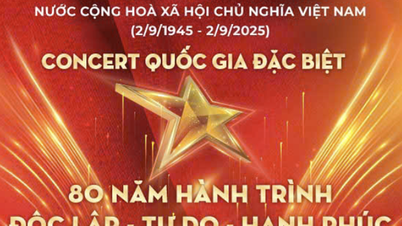
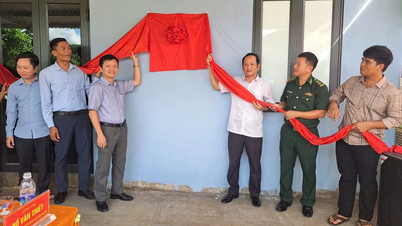

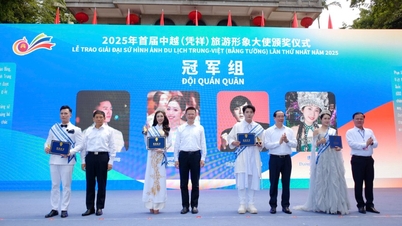

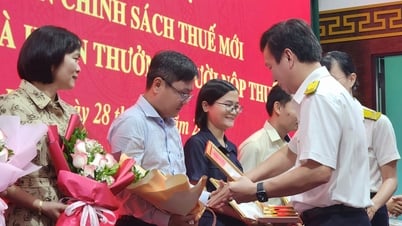


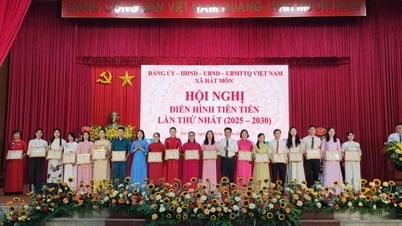

















Comment (0)